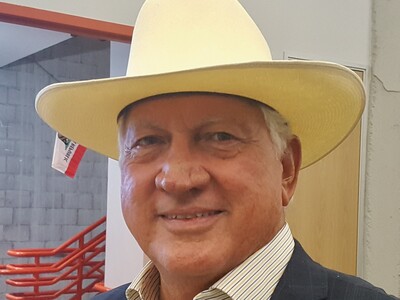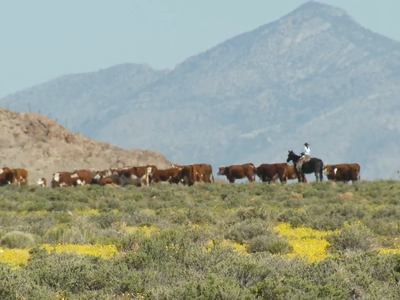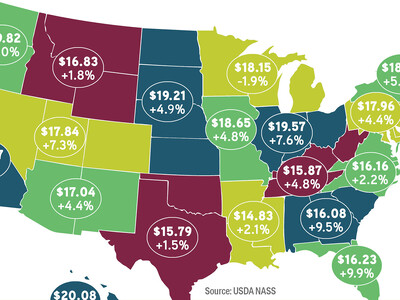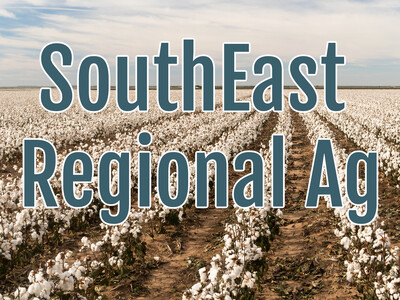Commitment to Ethanol & Learning to CookN
Commitment to Ethanol & Learning to Cook plus Food Forethought. I’m Greg Martin with today’s Northwest Report.
Agriculture Secretary Tom Vilsack spoke to members of the American Coalition for Ethanol on Friday morning - immediately after the new USDA crop forecast was released. He says it comes as no surprise that the drought has impacted corn and soybean production but that they remain committed to ethanol production.
VILSACK: The report came out that the overall estimated production for corn for this crop year, 10.8 billion bushels. That averages about 123 bushes to the acre and obviously that’s down from what we had anticipated at the beginning of this crop year. Fortunately we planted nearly 5 million additional acres of corn so as a result of this, even with the drought, even with the challenges, even with the difficulties we’re looking at the 8th largest corn crop in the history of this country.
The Idaho Foodbank has hit on a great idea. Besides passing out millions of meals to hungry families they have decided to opt for a more productive approach. In addition to providing nutritional food they are now teaching people how to prepare that food with a program called, “Cooking Matters.” Over six sessions, kids and adults learn how to shop for healthy foods on a budget, how to cook nutritional meals and are given the ingredients to cook those meals after every class.
Now with today’s Food Forethought, here’s Lacy Gray.
Since when do the wants of the few outweigh the wants of the many? Apparently, now. The president of Paul Quinn College in Texas has taken it upon himself to ban pork from the campus cafeteria. He defends his decision as being an educational one, touting that, “When you come to college, you come to be educated. We thought we could do more in the area of promoting healthy lifestyle choices and healthy eating habits.” Uh, huh. Sounds like he hasn’t done his homework. It’s well known in educated dietary circles that pork offers several healthy choices. For instance pork tenderloin has the same amount of fat as skinless chicken breast. As the spokesperson for the National Pork Board stated after the pork ban was announced, “You can cook any meat incorrectly, and add fat and salt.” Bottom line, the students will make their own food decisions. This is after all a college, not an elementary school. They will just choose to eat off campus. You do wonder though, will there be Pork Police positioned around the campus in order to stop someone from bringing in a pork based meal from off campus?
Thanks Lacy. That’s today’s Northwest Report. I’m Greg Martin on the Ag Information Network.














